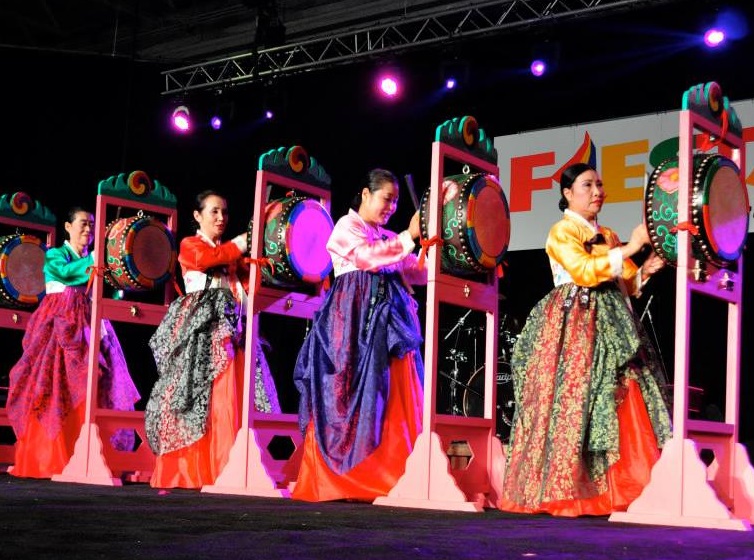At Christmastime, ‘tahanan’ is the warmth that fuels the spirit
By Mary Lou Cunanan
In Tagalog, tahanan means home, but it carries a depth that no English word quite captures. It comes from tahan na—a phrase every Filipino has heard, probably while sobbing as a child. It means stop crying, but really, it means so much more: You’re safe now. Everything will be okay. You are loved.
This is what tahanan truly is. It’s not just a house where you sleep. It’s the backbone of our society, the sanctuary where you can ugly-cry without judgment, eat with your hands without shame, and let your guard down because your family’s got your back. It’s the place where your head rests for the night, worry-free, so you can recharge to fight life’s battles tomorrow.
We Filipinos protect tahanan at all costs. Because once a person loses it, they start looking for it in all the wrong places—an overpriced cup of coffee, a dubious online relationship, or some self-help guru convincing you to meditate your way to inner peace. But no overpriced latte or viral TED Talk will ever fill that void. Instead of peace, you end up emptier than when you first started.
Family is everything—this is not just a cliché for us; it’s a way of life. Is there anything more important to a Filipino? None. We would move mountains for the people we love, and when it comes to affection, nothing compares to the way we show lambing. Our soft, playful, and heartfelt way of loving is as nourishing as a hot bowl of Sinigang on a rainy day.
For me, tahanan is where I run to when life feels like a never-ending teleserye with no commercial breaks. It’s where I can cry, vent, laugh, and just be. When life feels impossible, my family is always there, ready to listen. They’re not just my sounding board; they’re my anchor, my cheer squad, and my co-conspirators in late-night kwentuhan.
As a child, tahanan was where my mom would wipe my tears after I fell and scraped my knee. Her voice was soft, “Tahan na. Wag ka na umiyak,” which translates roughly to, “Stop crying. I’m here for you.” It was as though her words came with magical powers, and in that moment, the world felt safe again.
As I’ve grown older, I’ve realized how much I depend on tahanan. When the weight of life gets heavy, it’s not trophies or titles that bring me peace—it’s coming home. It’s where everything feels right.
In countries like the U.S., where independence is the ultimate goal, tahanan might be a hard concept to explain. It’s not something you can grasp intellectually—it’s something you feel in your bones. It’s the unspoken connection when you sit with family, even after years apart, and realize that this is where you belong.
As the holidays draw near, we’re reminded that going home isn’t just about the delicious food, the fancy gifts, or the festive parties. It’s about finding what’s truly meaningful—being surrounded by people who allow you to be your truest self, in both your darkest moments and your brightest joys. It’s about the quiet comfort of knowing you are seen, heard, and loved for exactly who you are.
And perhaps, this season, we can take it a step further—extending that sense of home to others. Whether through a kind word, an open door, or a simple gesture of care, we can remind someone else that they too belong.
Merry Christmas, everyone. So tonight, as your head touches the pillow, take a moment to cherish your tahanan. It might not be perfect—maybe it’s noisy, messy, or full of unwashed dishes—but it’s yours. It’s your anchor, your reason to keep going, and the warmth that fuels your spirit. Tonight, you are home.













